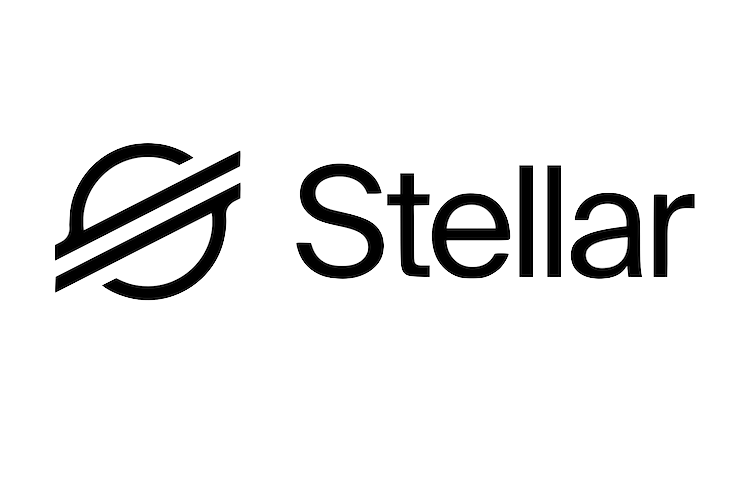
Hedera
Hedera is a public, open-source, proof-of-stake distributed ledger platform offering fast, secure, and low-cost decentralized network services.
Overview
Hedera is a public, permissionless distributed ledger platform built on a proof-of-stake consensus algorithm known as Hashgraph. It offers a high-throughput, low-latency network capable of processing over 10,000 transactions per second with instant finality and predictable, low fees. Hedera supports a suite of decentralized network services including smart contracts, tokenization, consensus messaging, and decentralized file storage. Its architecture is designed to provide enterprise-grade security and governance through a council of global organizations.
Developers can build on Hedera using familiar Ethereum-compatible tools and languages such as Solidity, leveraging the JSON-RPC Relay to integrate with existing Ethereum development environments like Hardhat, Truffle, and Metamask. Hedera’s native services include the Hedera Token Service for creating fungible and non-fungible tokens compliant with ERC-20 and ERC-721 standards, the Consensus Service for verifiable event logging, and the File Service for decentralized file storage. The platform also provides extensive SDKs, developer playgrounds, and step-by-step tutorials to accelerate onboarding.
What sets Hedera apart is its combination of high performance, fixed and low transaction fees, and enterprise governance model. Unlike traditional blockchains, Hedera’s Hashgraph consensus enables fast, fair, and secure transactions without the energy-intensive mining process. Its predictable pricing model and scalable token services make it suitable for applications ranging from DeFi and NFTs to supply chain and identity solutions. Notable integrations include Fortune 500 companies and permissionless web3 startups leveraging Hedera for scalable tokenization and decentralized applications.
Getting started involves creating a testnet account via the Hedera developer portal or wallets like HashPack, then using the Hedera SDKs or EVM-compatible tools to deploy smart contracts or mint tokens. Developers can experiment interactively with the Hedera Developer Playground and Contract Builder. Comprehensive documentation and active community support facilitate rapid development and deployment on the Hedera network.
The Problem
Developers and enterprises face challenges building scalable, secure, and cost-effective decentralized applications on traditional blockchain platforms. High fees, slow transaction finality, and limited throughput hinder mass adoption and complex use cases.
The Solution
Key Features
Hedera Alternatives
Explore web3 competitors and apps like Hedera.

Sunrise DA
Pricing
Standard | |
|---|---|
| Price (Monthly) | Free |
| Price (Annual) | Free |
| Messaging | N/A |
| Support | Community support via Discord and GitHub |
| Analytics |
Start Building Now
Reliable RPC, powerful APIs, and zero hassle.
Resources
Hedera provides extensive developer resources including detailed documentation, interactive tutorials, SDKs, and developer playgrounds to facilitate learning and building on the network.








